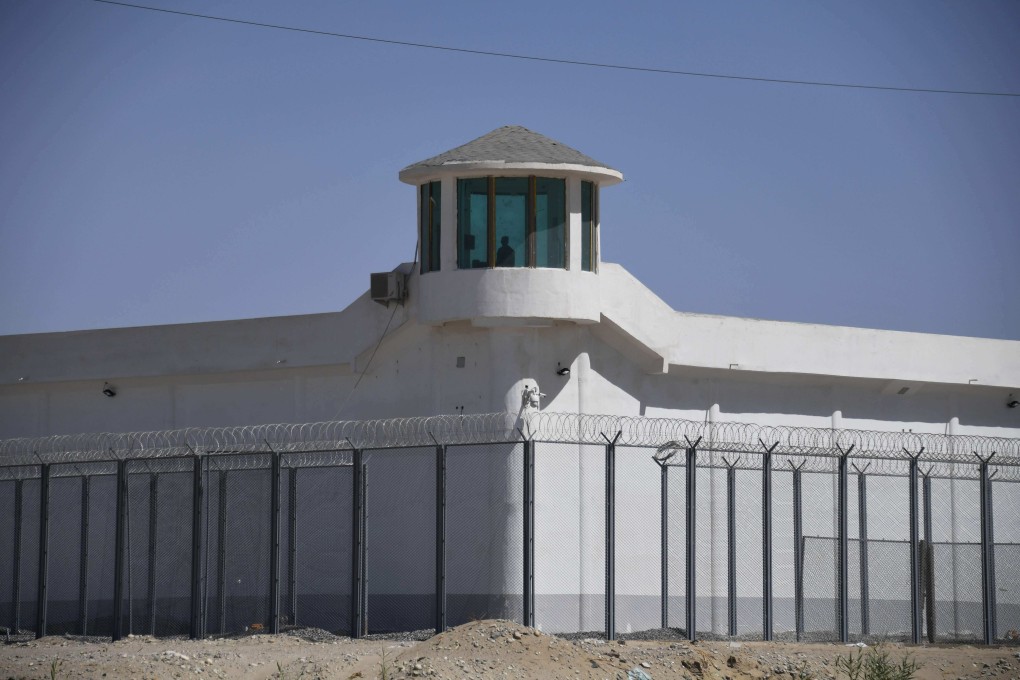Xinjiang ‘internment camps’: research institute got it wrong, official says
- 343 of 380 buildings named by Canberra-based Xinjiang Data Project as detention centres were schools, government buildings, hospitals, residential blocks or shops, Xinjiang government spokesman says
- So-called Xinjiang-related databases are funded and run by anti-China organisations and forces, including the US, he says

Of the 380 structures described as internment facilities by the Xinjiang Data Project – a database run by the Australian Strategic Policy Institute – 343 were schools, government buildings, hospitals, residential blocks or shops, Xinjiang government spokesman Xu Guixiang told a press conference in Beijing.
He did not say what the 37 other buildings were.
Xu also said that the Xinjiang Data Project was one of three databases – along with the Xinjiang Victims Database and the Uyghur Transitional Justice Database – that had been set up by groups opposed to Beijing and which received funding from Western governments, including the United States.
Xu said also that of the 12,050 Xinjiang residents whose details were contained on the three databases, 6,962 were “living normally in society”, 3,244 were serving prison sentences, 1,342 had never existed, 264 lived outside mainland China and 238 had died.
The tone of the press conference was in line with Beijing’s increasingly aggressive defence of its Xinjiang policies after some Western governments described its treatment of Uygurs in the region as genocide.
The European Union, US, Canada and Britain have all imposed sanctions on China in relation to Xinjiang, while Beijing has hit back with restrictions on foreign government bodies, politicians, scholars and institutes.